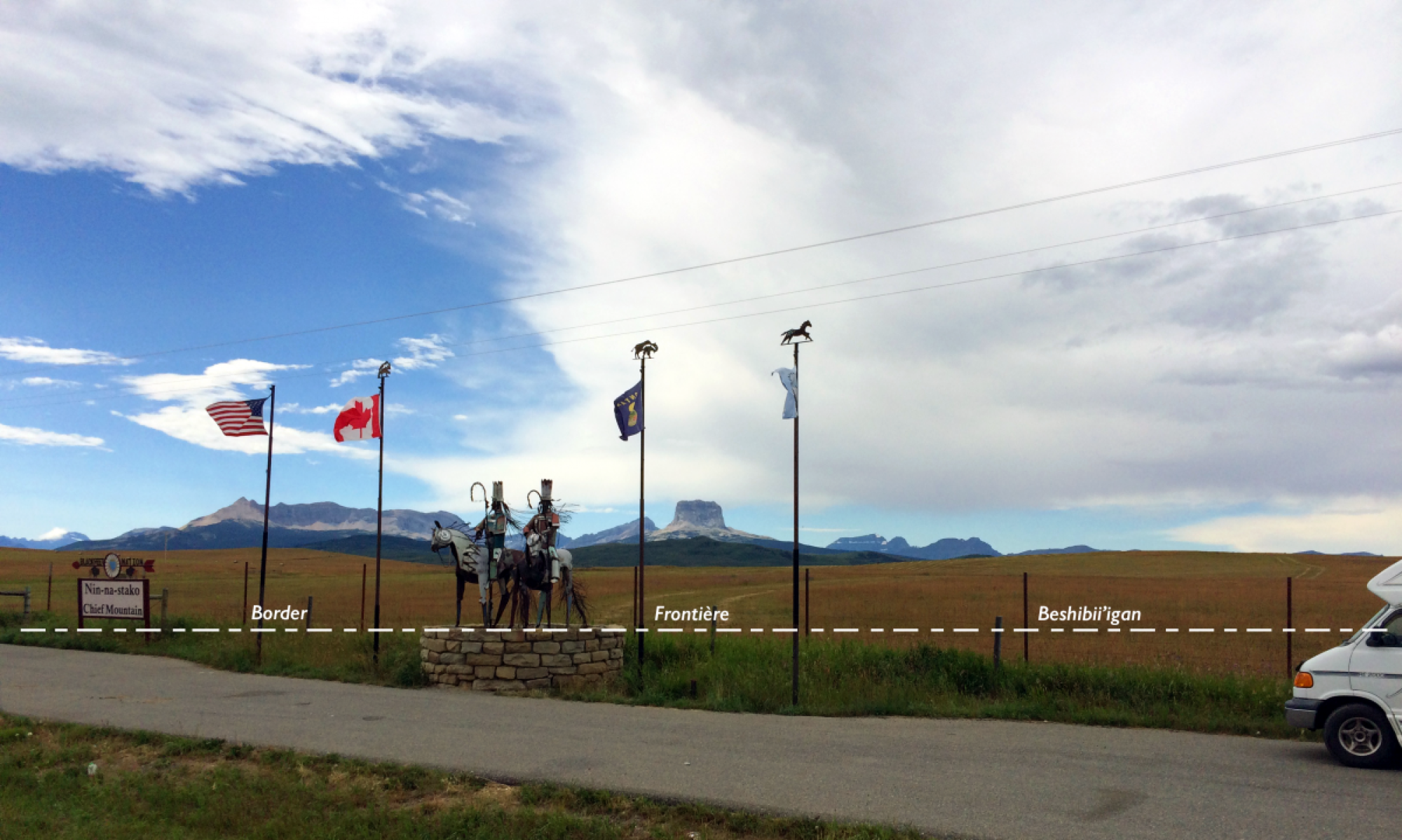Food plays in important part in all societies. The production and consumption of food creates communities and forges identities through shared practices. Such foodways express culture, tradition, and history of a people. In indigenous North America important foodways included the Three Sisters – the integrated planting of corn, squash and beans – for nations in the Northeast, Bison for the nations of the Plains, Deer and Caribou for nations of the Plateau, and Salmon and Whales for the nations of the Pacific Northwest.
[Please note that this page is a draft and only includes a brief entry on whaling. Other foodways will be added in the future]
Whaling
The Makah and Nuu-chah-nulth nations share waters in which they have both traditionally whaled, but each has faced different consequences due to the international whaling regime. The Nuu-chah-nulth tribal council represents 14 related tribes who live in the Vancouver Island area. The Makah live in Washington, in the Pacific Northwest of the continental United States. The International Convention on Whaling has a clause excepting aboriginal whaling but does not have definitive guidelines to define who counts as aboriginal in addition to not having a body that specifically identifies who is aboriginal and who is not. The Makah in the United States have had an easier time whaling, but the Nuu-chah-nulth in Canada have faced considerable difficulties. Even though they have both whaled since time immemorial in the same waters, the mere fact of being one one side of the international border or the other changes their ability to practice their traditional foodways.
For further information, see:
- Charlotte Coté. Spirits of Our Whaling Ancestors: Revitalizing Makah and Nuu-Chah-Nulth Traditions.
- Monder Khoury. “Whaling in Circles: The Makahs, the International Whaling Commission, and Aboriginal Subsistence Whaling.”
